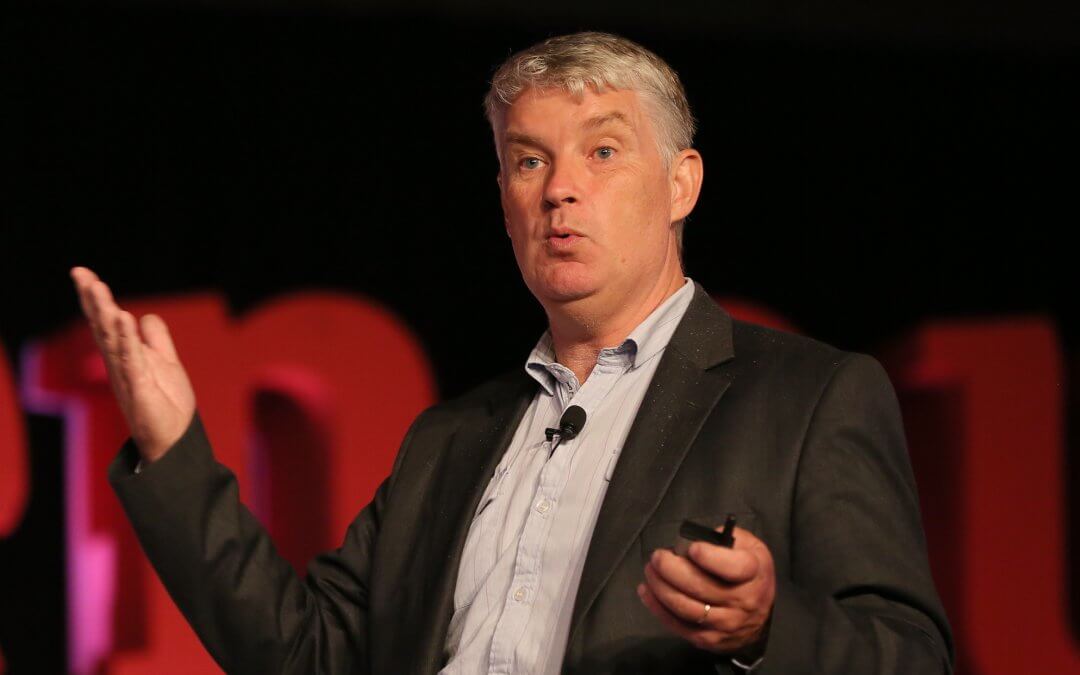Understanding human behaviour has interested us at all times. Psychologists, philosophers, historians, artists and others have all made their contributions to describing human behaviour. Hofstede was one of the first, in the 1960’ies to look at human behaviour from a cultural perspective and he developed a 4-dimensional framework. He did his empiric research on a small group of people and clustered them in nationalities and described the differences between these people based on nationality and Hofstede generalised it into that all people from that country shared these values. Hofstede’s framework became popular because it gave an easy to understand explanation on why we had cultural conflicts. Unfortunately a lot of consultants, students and companies are still using this simplified view and I have written this short article because I want you to think at least twice before you try to explain human behaviour using Hofstede’s framework.
Why you should not use Hofstede
- If you think Hofstede’s empirical research matches the variety of the population then think again. His research was based on the male, white IBM employees in the 1960’ies. How diversified do you think that group of people is? I can assure you that this group of people is not very diversified. IBM had a very strong corporate culture and either you fitted in or you left. And again – only white men’s cultural preferences were researched.
- People who are referring to Hofstede when they are trying to make a point about cultural diversity are assuming that the national culture is the only or the dominating culture that influences peoples behaviour. That is a false assumption. Each of us has many different identities. You have for instance a gender identity, an age group identity, a professional identity, a family identity, a religious identity, a political identity, a social group identity and many many more identities. For each of these identities, there is a culture associated with it. One of the exercises we do when we do our cultural intelligence workshops is to help people to find out how many identities they have. Most people have around 20 identities that they are aware up and rarely the national identity is the most dominant one. In Gugin we have worked with hundreds of organisations over the years on assessing and developing cultural identities and resolving cultural conflicts and we have never been in a situation where differences in national cultures have been the main reason for cultural conflict. Instead, it has been differences in profession cultures, job function cultures and differences in age groups.
- One of the main dangers of using a simplified view on cultural differences like the one Hofstede proposes is that you end up stereotyping. If the only tool you have is a hammer then everything you see will be a nail.
Our brain is not objective. Imagine you have to go to a country you have never been to before. You familiarise yourself with Hofstede’s stereotype about people in that particular country. What do you think happens when you arrive? Will you approach people with an open mind or will you look for everything that confirms the stereotype? No – you are not approaching people with an open mind. Your brain will look for all the patterns that fit into the stereotype and exclude the rest. I have watched numerous presentations on Hofstede’s dimensions over the years. They are particularly entertaining right after dinner at a conference because the entertainment value is quite high when you present stereotype views on different nationalities. People laugh and are having a great time. But at the end of the day, you haven’t brought people closer to each other and you haven’t provided ideas on how we can synergies from cultural diversity. Instead, we have fed the devil in our minds with the idea that we are better than the others and created a cultural canyon instead of building a bridge. - When I ask why an organisation or a consultant chooses to use Hofstede’s dimensions I often get the answer that it is the best there is. This is simply not true. In fact, I will argue that Hofstede’s framework is the worst you can use if you really want to help your organisation or client forward.
The world and its inhabitants are far more complex than the image Hofstede’s model is projecting and in Gugin we believe in reconciling the differences instead of outlining the differences that may not even be real. I will be happy to share with you how we do it, but it is too comprehensive for the format of an article.
What should you do instead?
If you use Hofstede’s dimensions you end of with isolated clusters of people. In Gugin we want to facilitate the opposite, namely, how do you synergize from cultural diversity and make multicultural organisations more attractive, better performing and more competitive then monocultural organisations.
Based on our experiences with working around the globe making companies benefitting from the cultural diversity and our research projects my recommendations are the following:
- Launch initiatives to elevate the level of cultural intelligence in the organisation. If you have low cultural intelligence you will always stereotype, because it is the only tool you have.
- A positive consequence of being culturally intelligent is that you broaden your mind. You will be able to understand and deal with more complex cultural dilemmas and most importantly you will refrain from falling into the trap of using stereotypes
- Many factors influence a person’s behaviour, not only culture. So if a person from a different culture behaves weird it does not necessarily have anything to do with that person’s cultural origin.
- Be curious instead of condemnatory. We all have a different set of identities, values, norms and basic assumptions. We cannot judge another person’s behaviour based on our own norms and values.
What to know more about:
Cross-Cultural Leadership Development
Book a Speech, Guest lecture or Workshop on a better way to address cultural differences
Dr Finn Majlergaard has worked with hundreds of companies around the world leveraging cultural diversity. He is also a visiting professor at numerous business schools and universities around the world. Book him for a speech, lecture or workshop on how you can work with cultural diversity and cultural synergies in a better and more intelligent way without using any stereotypes.
Read more here
About Gugin
Gugin is specialised in:
- Facilitating the organisational- and cultural integration after a merger or acquisition.
- Develop and implement internationalisation strategies with a focus on how to take advantage of cultural diversity.
- Cultural change management.
- Facilitate the development of a corporate culture that effectively supports the strategy and objectives of the company.
- Global leadership development.
- Organisational effectiveness assessment, which helps our clients to identify the cultural friction.
- Cultural due diligence.
- Cultural risk management.
- Improving communication and knowledge sharing in international organisations.

Dr Finn Majlergaard
CEO Gugin, Professor, Keynote Speaker, Author
- We align your corporate culture with your strategy.
- We take you safely through major changes in your organisation.
- We develop the crucial cultural intelligence in your organisation by training your employees and leaders
- We help you develop a competitive advantage with a unique corporate culture
Gugin has helped more than 600 companies around the world creating a winning corporate culture.

Our view on social media is changing from FOMO to JOMO
From FOMO to JOMO is about our healthy changing relationship with social media. We have learned that they harm us a lot and that social media are antisocial

How to deal with tough dilemmas as a leader
Dealing with tough dilemmas as a leader is something you have to learn. Very few decisions are choices between good or bad. This article will help you make up your mind

What are you willing to die for? Think about it and get your priorities right in life
What are you willing to die for ? Thinking about it may help you make the right choices in life both professionally and privately

Book Dr. Finn Majlergaard as speaker for your next event
Book Dr Finn Majlergaard as thought-provocative speaker for your next event or conference on leadership, motivation, charisma or organisational change

5 Best things you can do for your multicultural team
Your multicultural team needs to be motivated in a diverse way so everybody feels engaged and positive. Here are the 5 best things you can do
